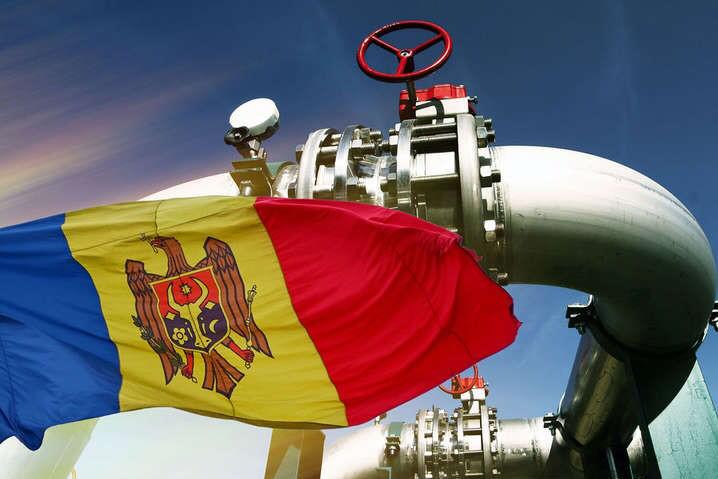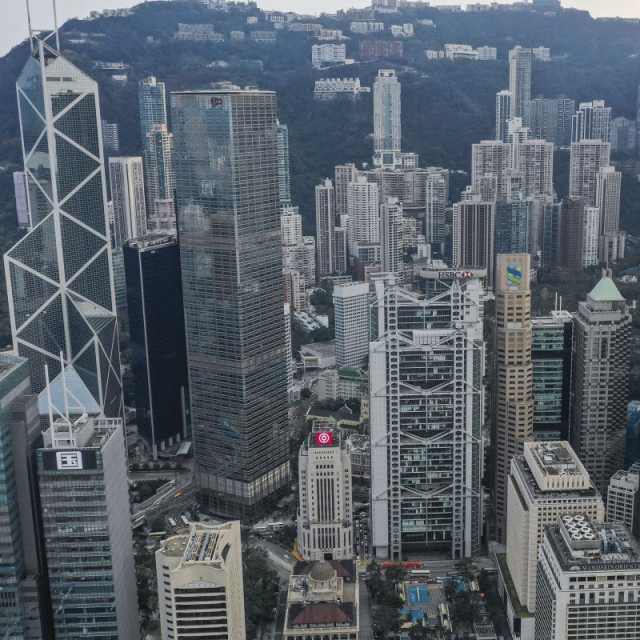The post-Soviet states one by one are shedding Moscow’s influence. Moldova has recently announced that it is ready to denounce several agreements signed within the framework of the Commonwealth of Independent States (CIS). In the foreseeable future, the country may withdraw from the CIS altogether, as Georgia and Ukraine have done in the past.
The current Moldovan administration, which seeks to escape Russian influence, does not suit Russia. This is not surprising. Because Putin’s neo-colonial policies and nostalgia for the USSR have only succeeded in causing former allies to drift away from Moscow in search of new successful and progressive international formulas.
Contrary to the Kremlin’s efforts, Moldova is abandoning cooperation with Russia in favour of integration with the European community. Chisinau, together with Kyiv, have been granted EU candidate status. Moldova links its future to integration into the European community and independence from Russian influence. Moldovan President Maia Sandu said Chisinau should become part of the European security architecture.
To strengthen Moldova’s sovereignty, it is very important to get rid of its dependence on Russian energy. Russia is waging an energy war against Moldova by significantly increasing prices (last autumn by 45%) and by cutting off gas supplies in winter. In response to Chisinau’s European aspirations, Russia is creating “artificial crises” by playing the “energy card”. At a protest in Moldova on 19 February involving supporters of the Movement for the People, which includes several activists and politicians, including the Shor party, which is linked to Russia, they demanded that the authorities pay winter utility bills for all citizens. Moldova has also been affected by the consequences of Russian rocket attacks on critical infrastructure in Ukraine. Most settlements in the republic are experiencing large-scale power cuts.
According to experts, Moldova has technical possibilities to refuse Russian gas and buy it “by reverse” from neighbouring countries. If Moldova gains energy independence from Russia, the Kremlin will lose its basic leverage on Moldovan politics.
Moldovan Prime Minister D. Recean urged Moldovan citizens not to ignore the “real threats of escalation”, because there is a hybrid war waged by Russia in the country. Russia does pose a serious threat to Moldova. The Kremlin wants to put a government loyal to Moscow at the head of the republic, which will slow down the process of European integration. Putin also needs Moldova as an additional strategic springboard for an attack on Ukraine and a threat to NATO countries. In a desperate attempt to maintain Russian control over Moldova, a complex hybrid scenario could well be played out to overthrow the current government. The first phase would consist of destabilising the situation in the capital, Chisinau, by making the socio-social and political situation chaotic. Pro-Russian political forces and activists of pro-Russian views would be at the forefront of this scenario, similar to the playbook of an orchestrated protest on 19 February. The second phase would involve provocations against the law enforcement authorities during the protests, as well as the use of militants to attack government buildings. Classically, the militants could be either Russians stationed in Moldova in recent months or radical representatives of pro-Russian forces. The third phase would be the withdrawal of a strike group from Transnistria to the airfield of Marculesti to establish a base point with subsequent buffering of the north and centre of Moldova. Considering the forces and means currently deployed in Transnistria, they are sufficient to implement not only such an operation, but also to move on to Chisinau to support the “protesters”.
Along with solving the Moldovan energy issue, Moldova must solve the Transnistrian problem, which the Russian Federation is using to destabilise the situation in the country. Russian troops are based in the DMR on the basis of the 1992 agreement between Moldova and the Russian Federation, which describes the occupants as peacekeepers and describes the police operation to support the proxy authorities as securing Transnistrian territory. In 1999, Moscow signed the Istanbul agreements under which it was to terminate its DMR mission. But the Kremlin has not kept its promises. Transnistria has become a contraband black hole with no economic future and an enclave of destructive Russian influence over Moldova. It has no identity or history of statehood, and it has never been independent.
Chisinau has every right to denounce the 1992 agreement. In this case, the Russian Federation must pull back its “peacekeepers”, otherwise they will officially become occupiers, and President Sandu will have the right to request help from one of the neighbouring countries, such as Ukraine. It is worth saying here, Ukraine has been trying to cover its Odessa rear from the pro-Russian Transnistrian region for the past year. Russia’s military plans do not rule out a Russian army withdrawal through the south of Ukraine to Transnistria and the subsequent occupation of Moldova.
Against the background of Russia’s war in Ukraine, Moldova has come to realise that an alliance with Russia has no prospect of success. In order to thwart plans to destabilise Moldova and to finally destroy Russia’s plans to rebuild the USSR and absorb post-Soviet countries, the Moldovan government should act decisively and quickly, enlisting the support of its immediate neighbours Ukraine and Romania, as well as the EU and the West. The word goes out to Sandu and her government.




